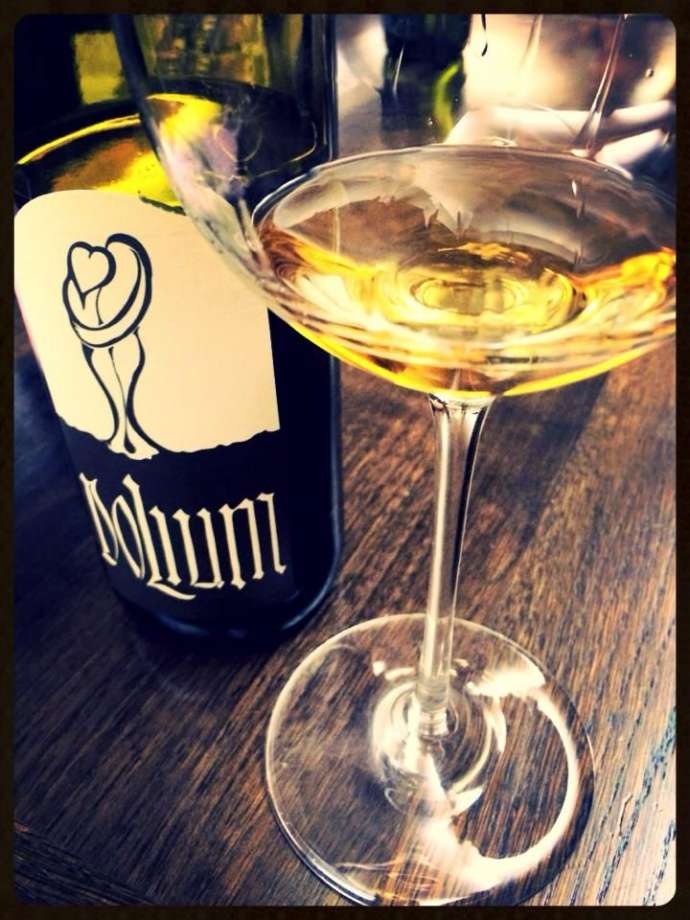In the July edition of the influential Decanter wine magazine, which is dedicated to the world's best orange wines, the Slovenian Dolium Muscat Ottonel of Zorjan shares the first place with the Austrian Graue Freyheit of Heinrich. Both wines were ascribed 95 points by Simon J. Woolf who composed a list of 30 best orange wines in the world. Third place also went to Slovenia, with Rebula selekcija of Blažič, which Woolf awarded 94 points.
Zorjan’s Dolium Muscat Otonel from Podravje in Štajerska region is a 2016 vintage that was macerated for one year in amphorae and then another year in barrels, from where it went into bottles without filtration.
Orange wine is made of white grapes, produced as if it were red, and thus with a prolonged maceration process in which tannins from grape skins and stems dissolve into the wine’s stronger body. Rosé, on the other hand, is a red grape wine, produced as if it were white, with the removal of skins and stems from the wine making process.
Most of the Slovenia’s pioneers in co-natural wine production – which refuses regulation of chemical processes of wine through chemical additives – originate from around the border of Goriška brda (Collia), Vipava Valley and the Karst area, and are widely seen as among the best in the world of their kind. To name a few, Gravner, Radikon, Prinčič, Terpin, Mlečnik, Renčel, and Zidarich are all established names to look out for. More recent names from all of the country’s winegrowing regions have also joined this creative circle, including Urbajs, Klinec, Štekar. Nando, Keltis, Šuman, Gordia, Reia, Škerk, Škerlj, UOU, Kabai and Movia.
Although large supplies of such wines cannot be produced in Slovenia, they are present all over the world, from Japan to the USA and Paris. In Ljubljana, you can find many fine bottles from the above listed producers in Štorija, a specialised wine store on Trubarjeva Street.







